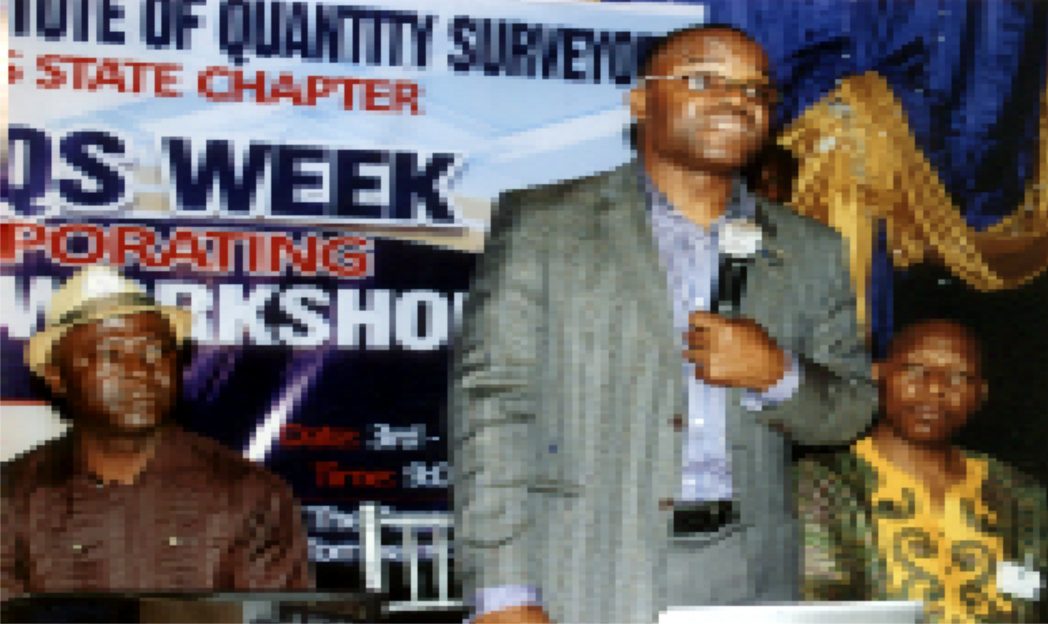Rivers
Fear Grips Council Workers Over Zero Allocation
Palpable fear now hangs in
the air at the 23 Local Government Councils in Rivers State over a possible return of the councils to the zero allocation” era when workers were owed up to 24 months salary arrears.
The workers are wallowing in fear due to the fact that the Rivers State government is yet to rescind its recent decision that councils’ allocation should be deducted at source in spite of the 3-day warning strike embarked upon by the workers to protest the decision.
The workers feared that a return to the ‘zero allocation’ era would spell doom for them, as they lost some of their colleagues during the period, occasioned by hardship, with some of them who are alive withdrawing their children from school due to their inability to pay school fees.
Making their feelings known, amidst heightened fear, during an interactive session with Nigeria Union of Local Government Employees’ State Officers led by the President, Barr. Franklin Ajinwo who were on a tour of the Councils’ branches of the Union, the workers said they would resist the move if implemented and expressed the hope that the government would see reasons why it should rescind its decision.
The workers include those of ONELGA, Ahoada East, Ahoada West, Akuku Toru, Abua/Odual, Degema, Asari-Toru, Emohua, Oyigbo, Omuma, Etche, Ikwerre, Obio/Akpor and Port Harcourt City Local Government Councils who were visited and interacted with, between Monday and yesterday by the Barr. Ajinwo led NULGE state officials.
The “zero allocation’ period was the period that witnessed the establishment of the Schools Management Board, which was mandated to pay teachers salaries after deduction of Local government allocation at source for the purpose, but it turned out that figures were alleged to be inflated by the Board so much that council Chairmen returned from the monthly JAAC meetings with N0,00 allocation and could not pay workers’ salaries.
They said, the decried what they considered a ploy to systematically return them to the ugly past.

Secretary General, Nigeria Institute of Quantity Surveyors (NIQS) Mr. Femi Balogun (standing), with Rivers State Chairman of the institute, Mr. Aniforwose Abayomi (left) and the Vice Chairman, Mr. Edighoman Isaac Ewa, duirng a workshop in Port Harcourt recently. Photo: Eberi A. Sampson
Schools Management Board which stifle us of our funds with the Board members building estates around Port Harcourt and growing fat”.
The Council workers that attended the meeting were led by their Branch Chairmen; Mrs Priscilia Okere (Omuma), Comrade Egbe Roman (ONELGA), Comrade Okorite Bob-manuel (Akuku-Toru), Comrade June Bell-Fiddo (DELGA), Comrade (Ogbeti) Florence Nwala (Etche), Comrade Kubi Enyim (Abua/Odual), Comrade James Lugard (Ahoada West), Comrade Ibali Ferdin and (Ahoada East) and Comrade Onuegbu (Emohua) as well as Asari-Toru branch Chairperson and Comrade Friday Kpulor (Oyigbo).
Responding to the fears expressed by the workers, Ajinwo recalled how the state governor, Rt. Hon. Chibuike Amaechi took over the payment of teachers’ salaries and stopped the deduction of Local Government salaries at source for the purpose, which is why Councils no longer owe salaries till date and commended the governor for the kind gesture, while expressing the hope that the governor would have re-think on the current issue to allay the workers’ fears assuring the workers however that if the decision is implemented NULGE will resist it as demanded by the workers.
Justus Unye-Awaji
Rivers
Microbiologists Inaugurates New Exco, Chart New Course In Dev

Rivers
IAUE VC Warns Against High Price In Textbook Sales

Rivers
Hon Worlu Expresses Concern Over Tragic Incidents In PHALGA … Assures On Safety, Security

-
Maritime4 days ago
Nigeria To Pilot Regional Fishing Vessels Register In Gulf Of Guinea —Oyetola
-

 Sports4 days ago
Sports4 days agoGombe-Gara Rejects Chelle $130,000 monthly salary
-
Maritime4 days ago
Customs Declares War Against Narcotics Baron At Idiroko Border
-
Maritime4 days ago
NIMASA,NAF Boost Unmanned Aerial Surveillance For Maritime Security
-

 Sports4 days ago
Sports4 days agoTEAM RIVERS SET TO WIN 4×400 ” MORROW” …Wins Triple jump Silver
-

 Sports4 days ago
Sports4 days agoNPFL Drops To 91st In Global League Rankings
-

 Sports4 days ago
Sports4 days agoNIGER DELTA GAMES PANACEA TO YOUTH DEV”
-

 Sports4 days ago
Sports4 days agoNPFL Impose Fines On Kwara United Over Fans Misconduct

